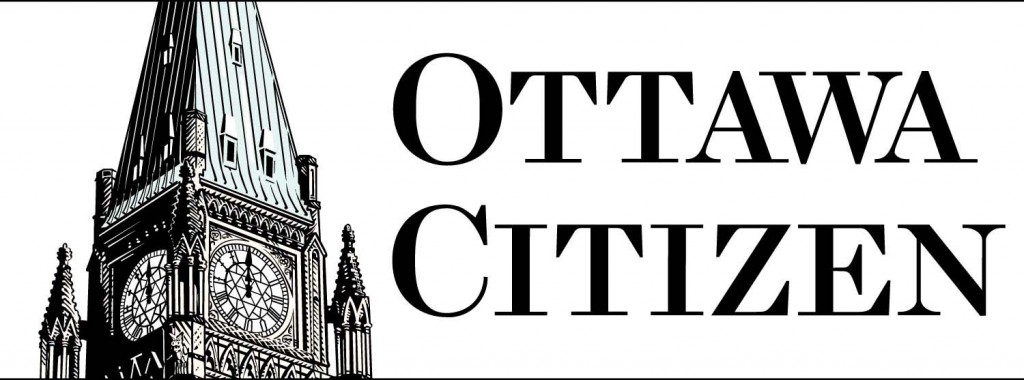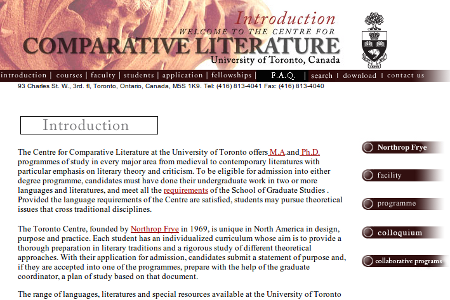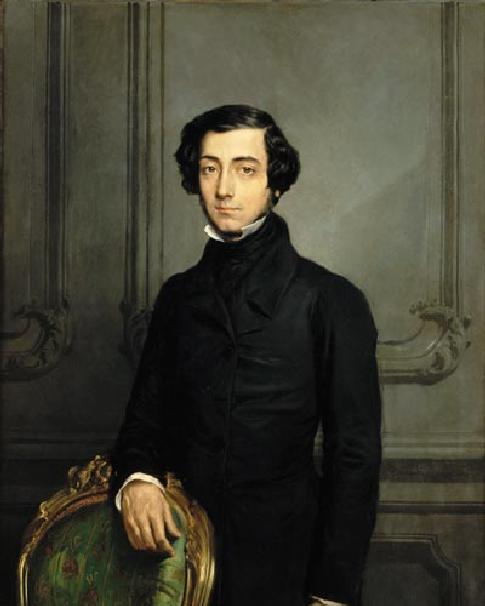
Sylvia Maultash Warsh is the author of the recently published The Queen of Unforgetting.
When I was at the University of Toronto years ago, like many young undergrads, I didn’t know my own mind and somehow ended up in Psychology instead of English. So though I was a student at U of T, I never had Northrop Frye for a professor. It wasn’t until I had to research the venerable critic for my new novel, The Queen of Unforgetting, that I realized just how much I had missed.
I had good reasons for making Frye a character in my story. I like to set my books in Toronto—my first three are historical mysteries that take place on and around Beverley Street, near the university. For this book (not a mystery) I needed an academic superstar, and Frye was the obvious choice. My protagonist, a grad student more ambitious than most, needs a supervisor for her thesis. But not just any supervisor. She knows that a Frye protégé will have a good chance at an academic placement when the time comes. To this end, she chooses a thesis topic that will interest him: E.J. Pratt’s epic poem, Brébeuf and His Brethren. Pratt was Frye’s mentor and he is pulled in. For my research, I pored over many of Frye’s books and journals; I watched videotaped interviews in which he sits before the camera and gives dazzling little lectures in his famous deadpan.
He doesn’t look the part, but he was a mythic figure in his own time. Sometimes referred to as The Buddha, the shy brilliant scholar had assimilated vast quantities of literature, philosophy, art, and religion. It was this storehouse of knowledge that let him connect disparate ideas and themes into meaningful patterns. His omnivorous reading made it possible for him to cross borders and draw comparisons between cultures, and particularly their literatures.
Our world has shrunk almost beyond imagination since 1969 when Frye founded the Centre for Comparative Literature at U of T. Today’s global realities require, more than ever, broader understanding of the world around us. Through literature we recognize the similarity in the other, the stranger who looks nothing like us but who lives, loves and dies just the same, only defined by a different set of symbols. A centre dedicated to looking outward toward the other is in a unique position to forge cross-cultural and interdisciplinary ties. A university that doesn’t recognize the value of such an enterprise is in the wrong business.
Sign the petition in support of the Centre for Comparative Literature here.







